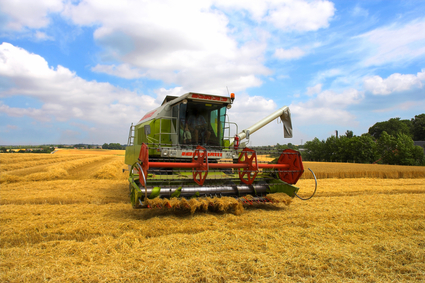Companies rely on the creativity of their employees to fuel the competitive advantage of their products and services, as well as innovation. Whether you’re running a business or are a freelancer, creativity will always come in handy to solve problems or design new products.

Given the importance of creativity in every field, many of you still don’t realise how creativity works. It is completely possible to enhance your creativity through external factors which we’ll discuss below.
Creativity: Nature and Nurture
There is a common misunderstanding that creativity is purely innate; you’re either born with it, or you aren’t. But there is a delicate balance between the nature of creativity, and nurturing it.
Just because you haven’t tapped into your own creative genius doesn’t mean that you don’t have the natural ability to be creative. Research has shown that there are many environmental and mental methods that we can use to help provide better creative output.
These are just some of the ways you can learn how to improve creativity and work efficiency, but you can also learn how to do so by removing distraction . Read on below to learn more:
1. Find ways to restrict yourself
The typical image of creative people is that they’re a type that exhibits unrestrained characteristics. But the truth is, creativity stems from certain levels of constraint and discipline. In other words, while you are used to taking the path of least resistance, enhancing creativity and work efficiency means trying something new.
An example would be, if you are used to writing short stories of at least 1,500 words; restrain yourself by trying to write one from just 500 to 800 words. This will force you to think out of the box and express yourself better.
2. Encourage conflict
You’ve probably noticed that companies whose main product relies on creativity, such as advertising agencies, make use of a seemingly fun atmosphere. Their offices are fun, colourful, and even have outlets for their employees to let loose – it’s not uncommon to see pool tables or refrigerators stacked with alcohol.
While on the surface, it seems that the employees have no conflict; this is actually the kind of environment whose people are comfortable enough to fight over ideas and accept constructive criticism. On the other hand, an environment where there is a lack of conflict suggests that people’s ideas are being censored, and that they are not generating any new ideas at all.
3. Learn something new
It is normal in the world we live in to rely on experts from certain fields to provide us with solutions over problems. However, if you notice, they don’t always produce the most innovative solutions.
Some of the most creative innovations come from individuals who may have adequate background in a certain field combined with additional knowledge from other fields. A good example would be the mathematician Paul Erdos, who was always changing his specialisation. He would work on exchanging knowledge with colleagues to find something new. This is also because doing so gives you a fresh perspective on something that experts have been studying for decades.
4. Utilise counterfactual thinking
One of the most efficient exercises to increase creative output is known as counterfactual thinking. The technique involves taking events that may have already happened, and imagining various outcomes.
Counterfactual also involves using the subtractive mindset, which means removing elements out of the actual event. It also utilises the additive mindset, which involves adding elements into the outcome.
5. Spend time daydreaming
Daydreaming has been proven useful to increasing creativity, on the condition that it is done prior to a commitment to a project. The reason behind this is because daydreaming encourages the incubation of ideas, once you already have some information to think about.
Remember that creativity is not a skill or talent that is only related to artists, musicians, painters, or writers. Creativity is a useful skill for people who come from all walks of life, and provides you with a new way of approaching problems.
How do you nurture your creativity? Leave a comment below.
